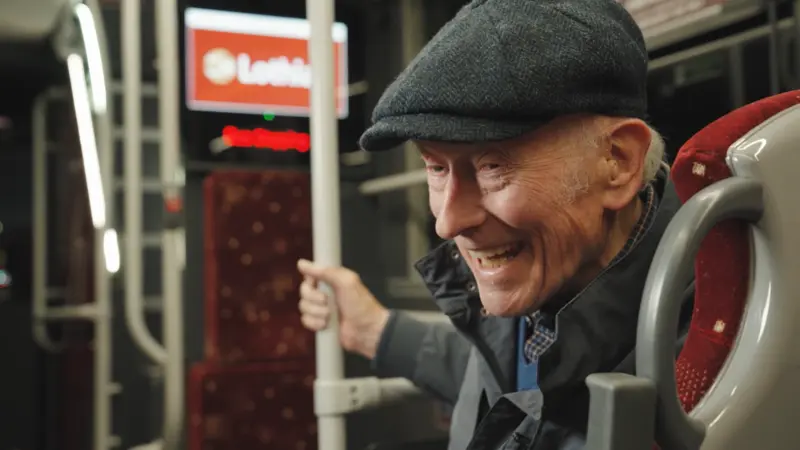Blog: Locked down but not forgotten
Today, on World Alzheimers’ Day, we are publishing our About Dementia report ‘Locked Down But Not Forgotten’ which looks at the impact of Covid-19 on people living with dementia in Scotland and their unpaid carers.
This has been a challenging six months for everyone, but it has proved especially hard for people living with dementia and the army of carers who support them.
Figures released by the National Records of Scotland last week demonstrated that there has been a 25% increase in deaths of people with dementia compared to the previous five years.
People living with dementia are also the largest group of those with pre-existing health conditions to have died from Covid-19 (31%).
But the pandemic and prolonged lockdown has had a much wider impact that goes far beyond the death toll.
Our report asked people living dementia and their carers who they have coped with the sudden disappearance of daily routines and, in some cases, being unable to see loved ones in person.
It also investigates the effect of the loss of services, such as lunch clubs, day centres, exercise classes, dementia-friendly social gatherings and home-based social care, for people affected by dementia during the early stages of the lockdown.
As these services closed their doors, family and unpaid carers experienced growing anxiety while, at the same time, they found their caring responsibilities increased overnight.
This was compounded by a lack of clarity over what they were permitted to do when they were not living with the person they cared for, as well as concerns over their own health and wellbeing.
Carers also reported the effects on the people they were caring for, including distress at the loss of contact as well as isolation leading to a deterioration in their condition.
Though many of the services that closed quickly developed alternative ways of keeping in touch, these did not suit everyone. Online alternatives, for example, are of no use to people who don’t have access to the internet.
Even those who used them found they were no substitute for face to face in-person contact.
Our findings add to a growing body of evidence that lockdown has had a significant social impact on people affected by dementia.
Both people living with dementia and their carers reported feelings of isolation and loneliness and stress, as well as fear of contracting the virus.
With localised lockdowns in existence across Scotland, and the likelihood of further restrictions being imposed as we move into the winter, it is more important than ever to think about how to mitigate these effects.
We believe that the next steps in responding to this pandemic must focus on protecting and promoting the human rights of those most affected by this crisis.
We call on the Scottish Government to put the views and experiences of people affected by dementia at the very heart of designing systems to safely and creatively ensure ongoing support, whatever this winter may bring.
To read the full report go to Locked Down But Not Forgotten


